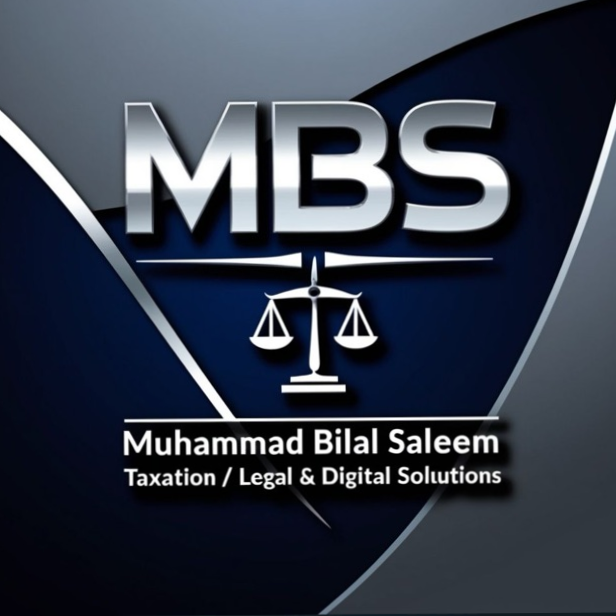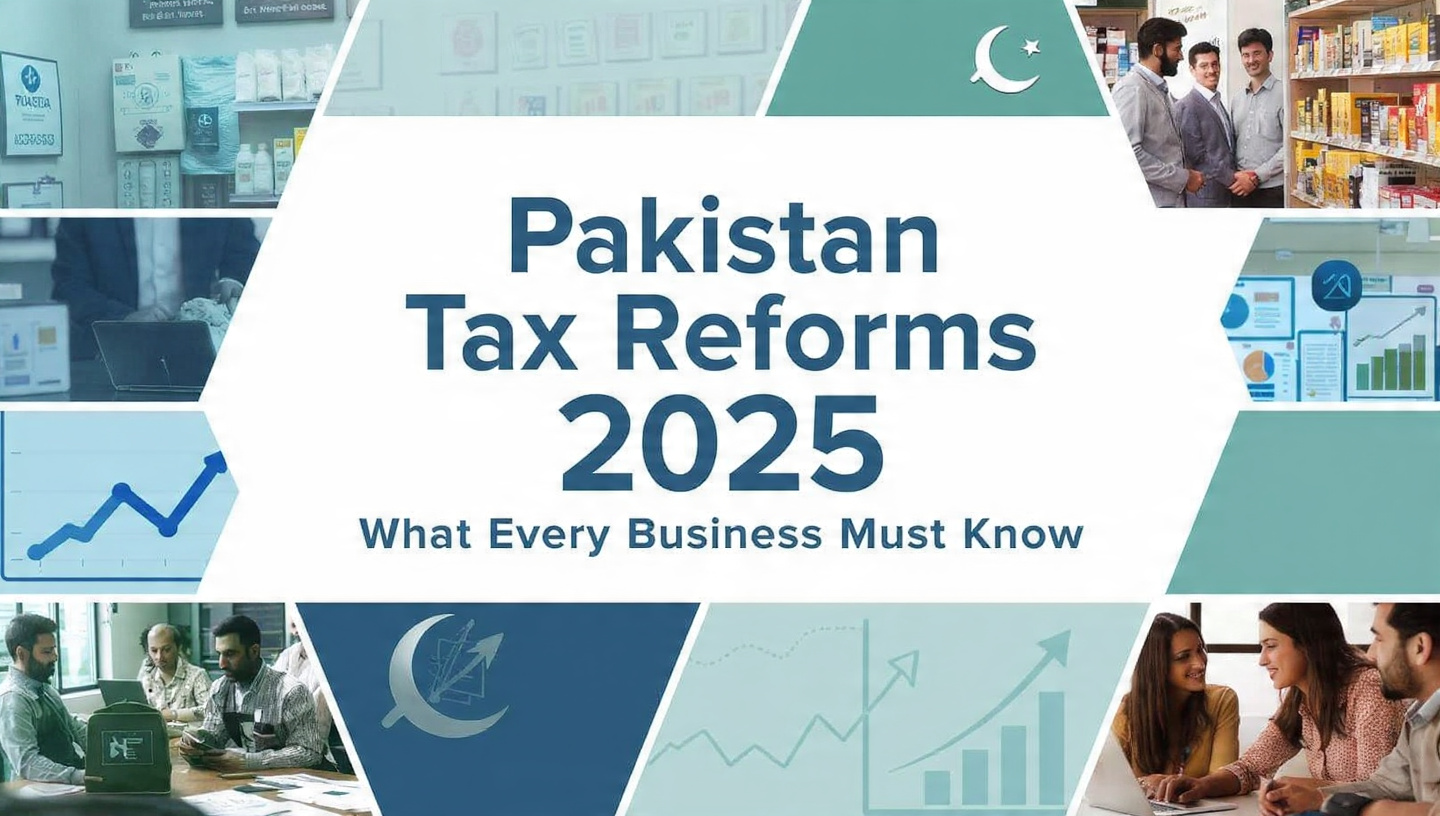Tax Collection 2025:
“Tax Collection 2025 is reshaping Pakistan’s economy by balancing growth and revenue. Learn how reforms affect businesses and taxpayers.”In Pakistan, Tax Collection 2025 has become one of the most debated topics among policymakers, businesses, and ordinary citizens. With the government introducing new reforms, the challenge lies in balancing efficient revenue generation with economic growth. This article explores how Pakistan can strengthen its taxation system while promoting fairness, transparency, and sustainable development.
The Importance of Tax Collection 2025:
“Tax Collection 2025 in Pakistan is transforming the economy. Learn how new reforms balance growth, revenue, and business opportunities.”
A strong taxation system is the backbone of any nation’s economy. In Tax Collection 2025, Pakistan aims to enhance revenue while ensuring that citizens and businesses are not overburdened. Effective tax collection helps the government fund education, healthcare, infrastructure, and social welfare programs.
Challenges in Tax Collection 2025:
Despite reforms, Pakistan still faces multiple challenges in tax collection:
Limited Tax Base:
“Tax Collection 2025 in Pakistan is transforming the economy. Learn how new reforms balance growth, revenue, and business opportunities.”
One of the main issues in Tax Collection 2025 is the narrow tax base. Only a small percentage of the population contributes directly, while many sectors remain undocumented.
Tax Evasion and Corruption:
Tax evasion and weak enforcement reduce the effectiveness of Tax Collection 2025 strategies. Without transparency, the government struggles to meet revenue targets.
Complexity of Tax Laws:
Complicated laws discourage businesses and individuals from compliance, making tax filing a difficult process. Simplification is critical for successful Tax Collection 2025.
Government Reforms for Tax Collection 2025:
The government has initiated several reforms to modernize the taxation system.
Digital Tax Filing Systems:
In 2025, digital platforms have made tax filing easier and faster. This ensures efficiency and minimizes human errors.
Awareness Campaigns:
Educating citizens about the importance of Tax Collection 2025 helps in building trust and compliance.
Incentives for Taxpayers:
Providing benefits, such as lower audit risks and faster refunds, encourages people to become filers.
Balancing Growth and Revenue in 2025:
The biggest challenge is ensuring that taxation policies do not hinder economic growth. Tax Collection 2025 should focus on fair rates, business-friendly policies, and investment promotion. A balanced approach can generate revenue without discouraging entrepreneurship.
Conclusion:
In conclusion, Tax Collection 2025 presents both opportunities and challenges for Pakistan. By expanding the tax base, reducing evasion, and promoting transparency, the government can achieve sustainable growth. The key lies in balancing revenue collection with economic development, ensuring fairness, and building a taxation system that benefits the entire nation.
Contact Us:
Tax Collection 2025
Balancing Tax Collection and Economic Growth in 2025
- Facebook: MBS Taxation
- Website: MBS Taxation
- Contact Form: Click Here
- WhatsApp: +92 308 7543324
We are here to simplify your taxes so you can focus on what matters most—your work, your business, and your life.
"Tax Collection 2025 – Balancing Growth and Revenue in Pakistan"Benefits of Becoming a Tax Filer in Pakistan
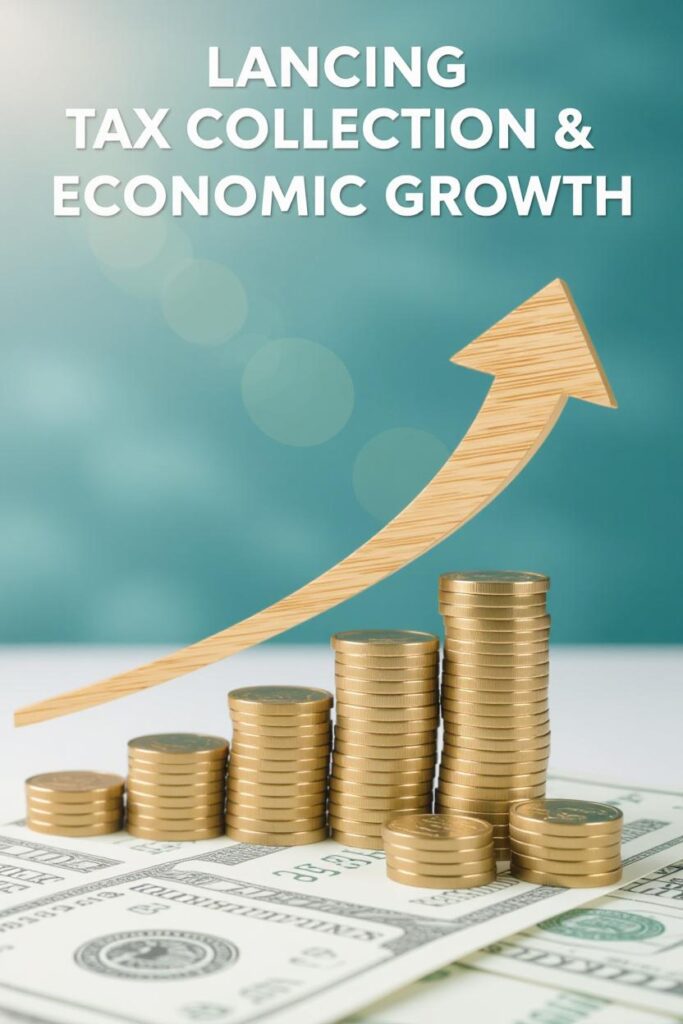
Introduction:
Balancing Tax Collection and Economic Growth in 2025
Taxation is the backbone of every economy. It provides governments with resources to fund infrastructure, healthcare, education, social protection, and national security. At the same time, taxation directly affects how businesses invest, how citizens consume, and how economies grow. A fair tax system encourages growth and equity, while an unfair or excessive system discourages compliance, increases evasion, and hampers investment.
Tax Collection 2025
Balancing Tax Collection and Economic Growth in 2025
In 2025, balancing tax collection with economic growth has become one of the most pressing challenges worldwide. With global inflation, rising public debt, digital transformations, and climate change pressures, governments—including Pakistan—must rethink taxation policies to ensure revenues without suffocating economic progress.
Balancing Tax Collection and Economic Growth in 2025
This article explores the evolution of taxation, global trends in 2025, Pakistan’s current reforms, major challenges, recommendations, and a future outlook for sustainable and fair taxation.
The Tax-Growth Dilemma:
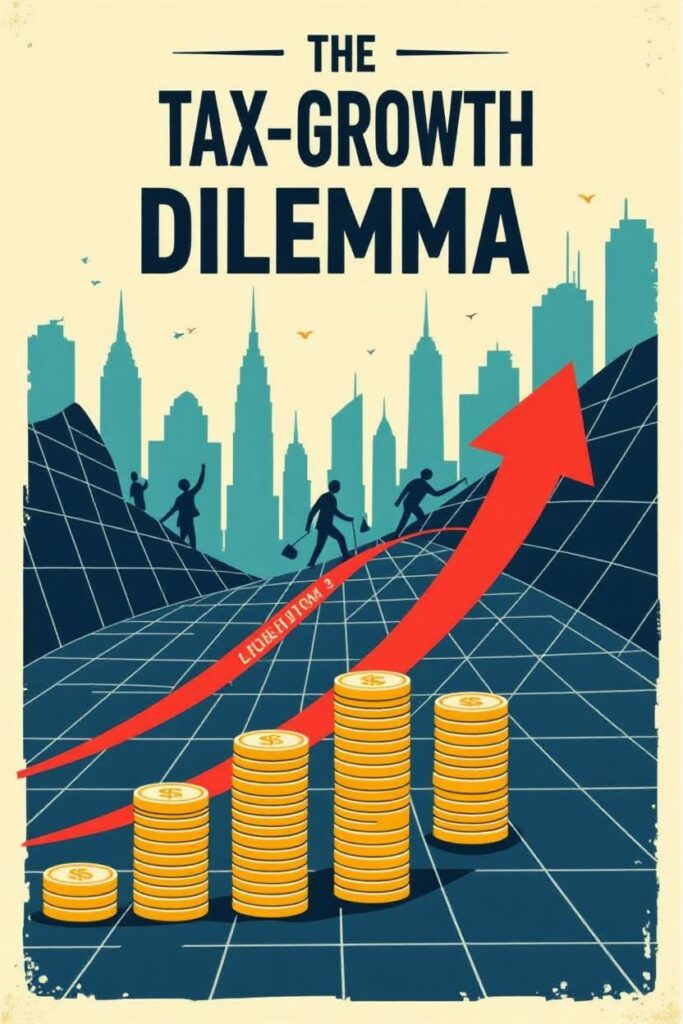
Balancing Tax Collection and Economic Growth in 2025
Tax policy is always a balancing act:
Balancing Tax Collection and Economic Growth in 2025 Tax Collection 2025
- Too little taxation → Governments face budget deficits, debt dependency, and underfunded services.
- Too much taxation → Businesses slow down, investors pull back, citizens reduce spending, and economic activity suffers.
The real challenge lies in finding the middle ground where taxes generate sufficient revenue without harming growth potential.
Historical Background: The Evolution of Tax Systems:
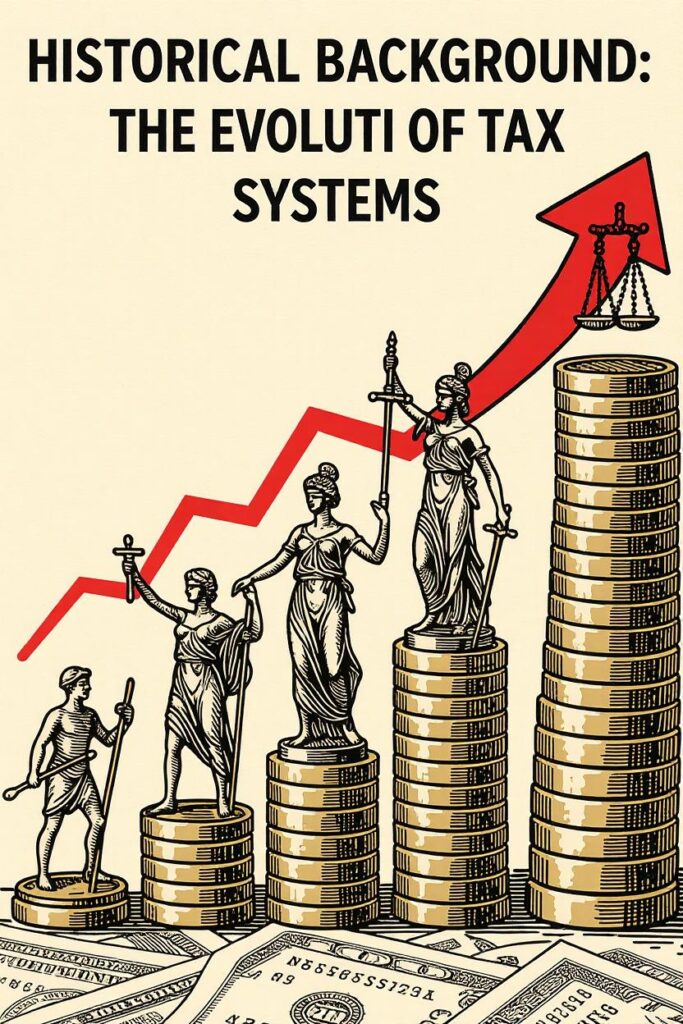
Tax Collection 2025 Balancing Tax Collection and Economic Growth in 2025
Taxes are as old as civilization itself:
- Ancient Egypt collected crops and livestock as tax.
- The Roman Empire created property and inheritance taxes.
- Medieval Europe relied on land levies and feudal dues.
- Modern Nation States introduced structured systems—income, corporate, consumption, and excise taxes.
The industrial revolution expanded tax bases through trade and industry. By the 20th century, progressive taxation emerged to ensure wealthier groups contributed proportionally more. In the 21st century, digitalization, globalization, and sustainability concerns are reshaping tax structures once again.
Global Tax Trends in 2025:
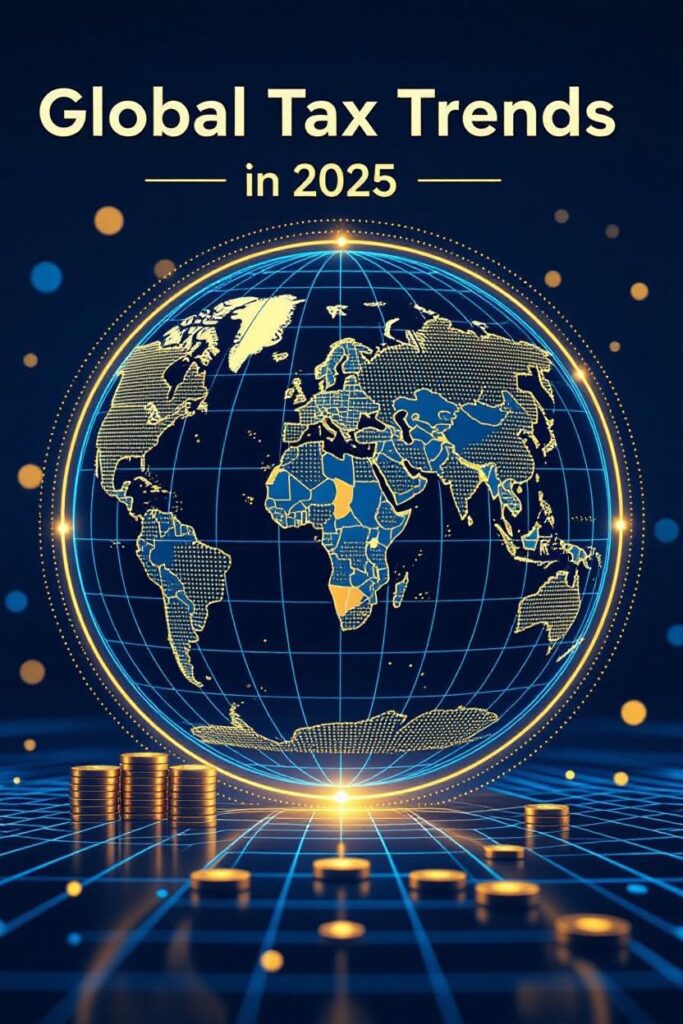
Tax Collection 2025 Balancing Tax Collection and Economic Growth in 2025
1. Digital and Real-Time Taxation:
Balancing Tax Collection and Economic Growth in 2025
Governments are adopting e-invoicing, AI audits, and blockchain-based monitoring to reduce evasion. Transactions are now tracked instantly in many countries.
2. OECD Global Minimum Tax:
Tax Collection 2025 Balancing Tax Collection and Economic Growth in 2025
The 15% global corporate minimum tax (Pillar Two) prevents multinational corporations from shifting profits to tax havens. It ensures fairer contributions while leveling the playing field for domestic firms.
3. Green and Carbon Taxes:
Tax Collection 2025 Balancing Tax Collection and Economic Growth in 2025
Sustainability is shaping taxation. Many countries now tax carbon emissions, fossil fuels, and single-use plastics, both to raise revenue and to promote environmentally friendly practices.
4. Digital Services and Gig Economy:
Tax Collection 2025 Balancing Tax Collection and Economic Growth in 2025
Governments are increasingly taxing global digital platforms (Google, Netflix, Amazon, freelancing websites). The challenge is to capture revenue without discouraging local startups and freelancers.
5. Middle-Class Relief:
Tax Collection 2025 Balancing Tax Collection and Economic Growth in 2025
Several governments, including Pakistan, have revised income tax slabs to ease pressure on salaried individuals, boosting disposable income and stimulating consumption.
Pakistan’s Tax Landscape in 2025:
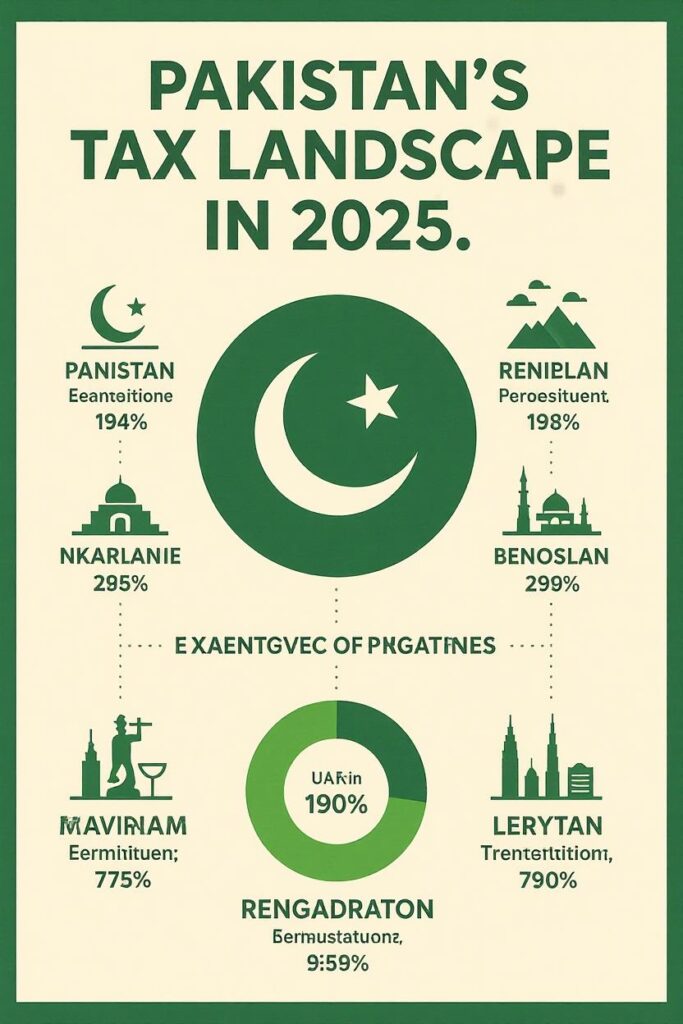
Tax Collection 2025 Balancing Tax Collection and Economic Growth in 2025
Pakistan faces one of the lowest tax-to-GDP ratios in the region—around 9-10%, compared to India’s 16% and OECD’s 34%. This weak collection forces the government to rely heavily on borrowing.
Key Reforms in 2025:
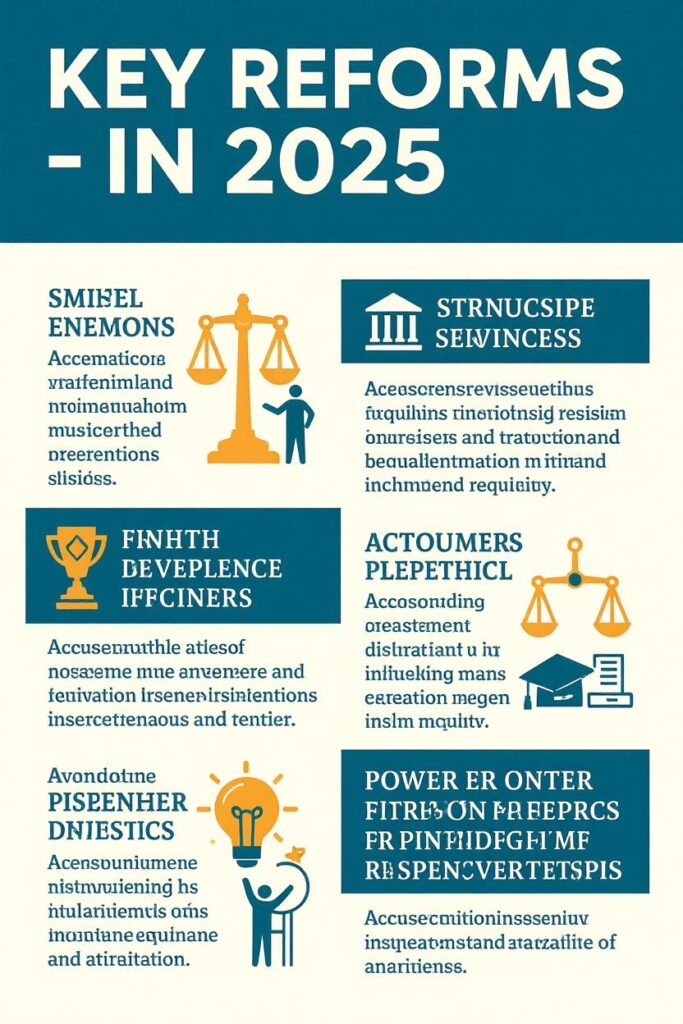
Tax Collection 2025 Balancing Tax Collection and Economic Growth in 2025
- Income Tax Adjustments → Relief for middle-class earners, higher rates for luxury income groups.
- Immediate Assessment & Recovery Ordinance 2025 → Faster recovery of arrears, reducing backlog cases.
- Digital Invoicing Expansion → Mandatory e-invoicing for businesses to ensure accurate reporting.
- Targeting Non-Filers → Higher penalties on utility bills, property, and vehicle registrations for non-filers.
- Digital Presence Tax (Proposed) → A 5% levy on international digital companies (currently suspended).
Why Balance Matters:

Tax Collection 2025 Balancing Tax Collection and Economic Growth in 2025
- Encourages Investment → Predictable tax policies attract foreign and domestic investors.
- Protects Consumption → Fair tax rates prevent a decline in citizens’ spending power.
- Funds Development → Taxes finance infrastructure, hospitals, and schools, boosting productivity.
- Reduces Inequality → Progressive taxation ensures fairness across income groups.
- Builds Trust → When citizens see tangible benefits, compliance improves.
Challenges Facing Pakistan:
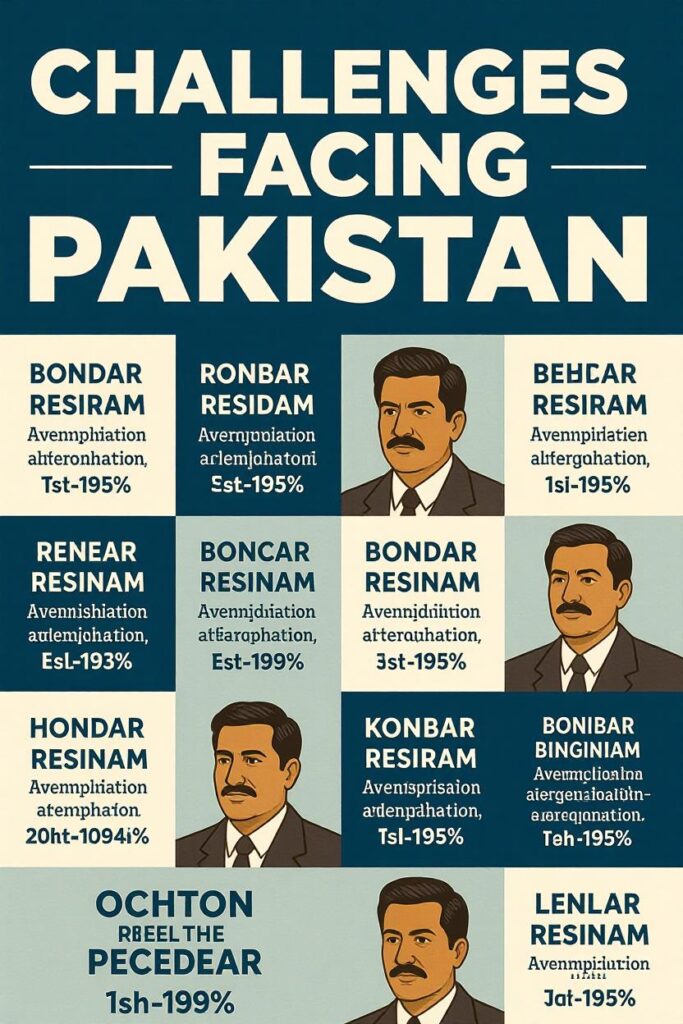
Tax Collection 2025 Balancing Tax Collection and Economic Growth in 2025
- Narrow Tax Base → Only 4 million taxpayers in a population of 240 million.
- Informal Economy → Nearly 40% of economic activity remains undocumented.
- Dependence on Indirect Taxes → Heavy reliance on sales tax burdens ordinary consumers.
- Public Distrust → Many citizens believe taxes are misused by elites.
- Debt & IMF Pressure → Revenue shortfalls push governments into unpopular measures.
Case Studies:
Tax Collection 2025 Balancing Tax Collection and Economic Growth in 2025
- India → Implemented GST to unify and simplify indirect taxes, improving compliance.
- United States → Balanced corporate tax relief with stricter enforcement on digital companies.
- Pakistan → Relies heavily on indirect taxes; structural reforms are still incomplete.
Policy Recommendations:

Tax Collection 2025 Balancing Tax Collection and Economic Growth in 2025
- Broaden the Tax Base → Document the informal economy and bring more people into the tax net.
- Digital Integration → Affordable tax software and training for SMEs.
- Reward Compliance → Incentives, rebates, and faster refunds for regular filers.
- Progressive Rates → Protect low-income earners while ensuring the wealthy contribute fairly.
- Transparent Spending → Publish annual tax reports to build public trust.
Future Outlook: Beyond 2025:
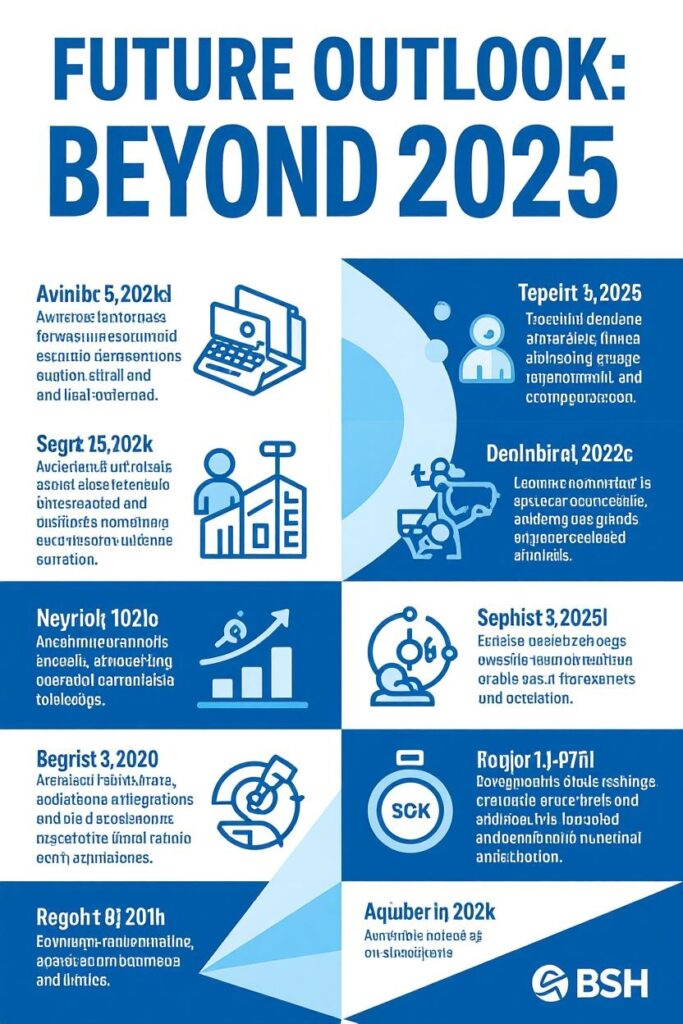
Tax Collection 2025 Balancing Tax Collection and Economic Growth in 2025
The future of taxation will include:
- AI-Driven Audits for fraud detection.
- Crypto Taxes on digital assets.
- Global Cooperation on tax harmonization.
- Sustainability Taxes to combat climate change.
- Freelancer-Friendly Policies to encourage digital exports while ensuring fair taxation.
FAQ:
Tax Collection 2025 Balancing Tax Collection and Economic Growth in 2025
Q1: Why is Pakistan’s tax ratio so low?
Because of a narrow base, informal economy, and weak enforcement.
Conclusion:
Tax Collection 2025 Balancing Tax Collection and Economic Growth in 2025
Taxation in 2025 is not just about raising money—it is about building trust, fairness, and growth. For Pakistan, the challenge is to expand its tax net, simplify systems, embrace digital solutions, and protect the middle class while using revenues transparently.
A fair and balanced tax system is not an obstacle—it is the foundation of sustainable economic prosperity.
Contact Us:
Tax Collection 2025 Balancing Tax Collection and Economic Growth in 2025
- Facebook: MBS Taxation
- Website: MBS Taxation
- Contact Form: Click Here
- WhatsApp: +92 308 7543324
We are here to simplify your taxes so you can focus on what matters most—your work, your business, and your life.
